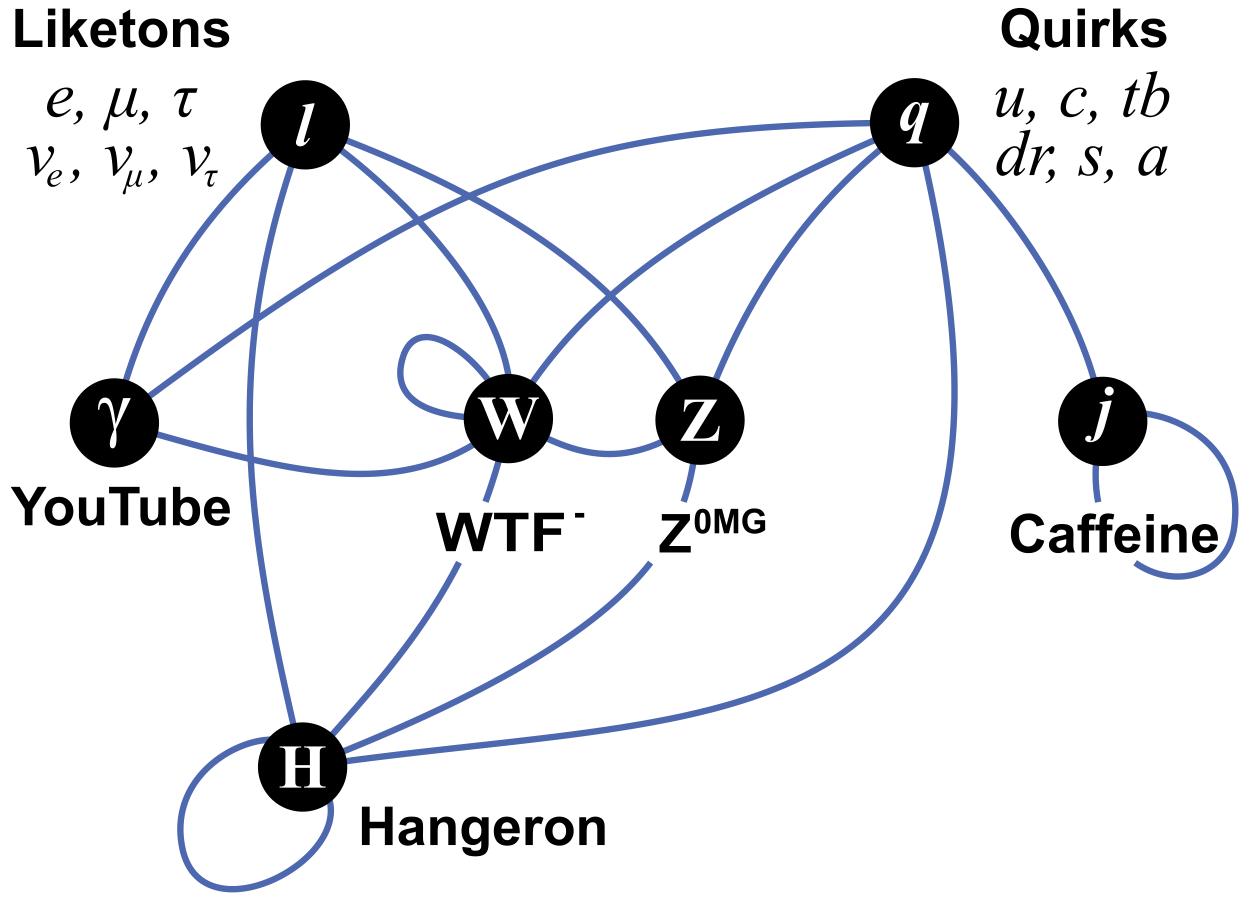Last year I commented on
the tendency of representatives of the U.S. government (GWB especially) and supporters of the government's current policies to refer to timetables for leaving Iraq as artificial timetables or arbitrary timetables, collocations that are presumably to be understood as involving appositive rather than intersective modification.
That is, for these speakers, artificial timetable means 'timetable, which is arbitrary' (all timetables are arbitrary) rather than 'timetable which/that is arbitrary' (only some timetables are arbitrary, and the reference is just to these).
George W. Bush, while continuing to vigorously reject "arbitrary timetables", has now shifted his language a bit to adjust to new realities. As Steven Lee Myers wrote in the lead story in the New York Times yesterday,
HOUSTON — President Bush agreed to "a general time horizon" for withdrawing American troops in Iraq, the White House announced Friday, in a concession that reflected both progress in stabilizing Iraq and and the depth of political opposition to an open-ended military presence in Iraq and at home.
(I would have recast that last bit as "the depth of political opposition, in Iraq and at home, to an open-ended military presence", so as to avoid a parsing in which "in Iraq and at home" modifies "an open-ended military presence", a parsing that is encouraged by how easy it is to take "an open-ended military presence in Iraq" as a constituent.)
… The White House offered no specifics about how far off any "time horizon" would be, with officials saying details remained to be negotiated. Any dates cited in an agreement would be cast as goals for handing responsibility to Iraqis, and not specifically for reducing American troops, said a White House spokesman, Gordon D. Johndroe.
"Time horizon" wouldn't have fit into the headline, so the head-writer went for the shorter "timeline" instead:
BUSH, IN A SHIFT,
ACCEPTS CONCEPT
OF IRAQ TIMELINE
In any case, "timetable" (unmodified) is to be avoided, especially since Barack Obama has been calling for a strict phased timetable for withdrawal. The Obama camp's response to the "time horizon" announcement:
A spokesman for Mr. Obama, Bill Burton, called the announcement "a step in the right direction," but derided what he called the vagueness of the White House commitment.
Of course it's vague. That's the point.


